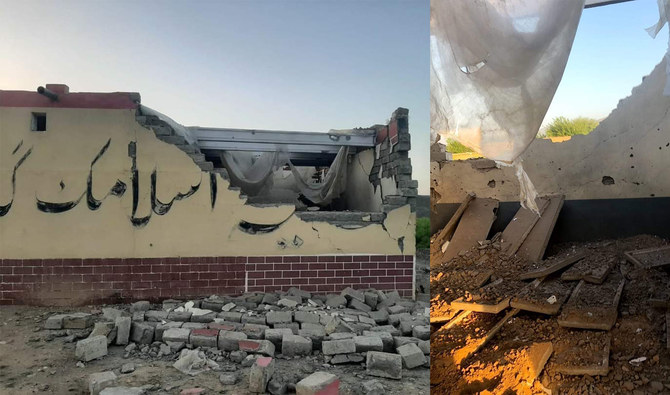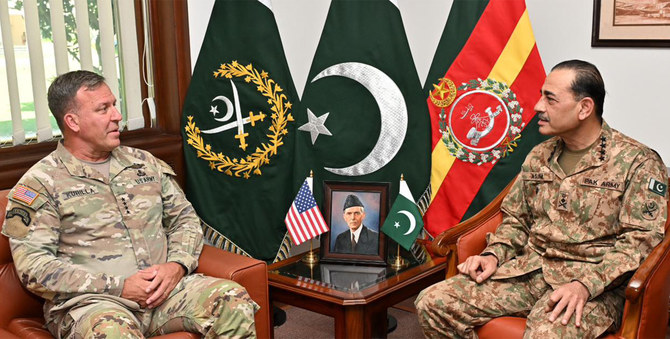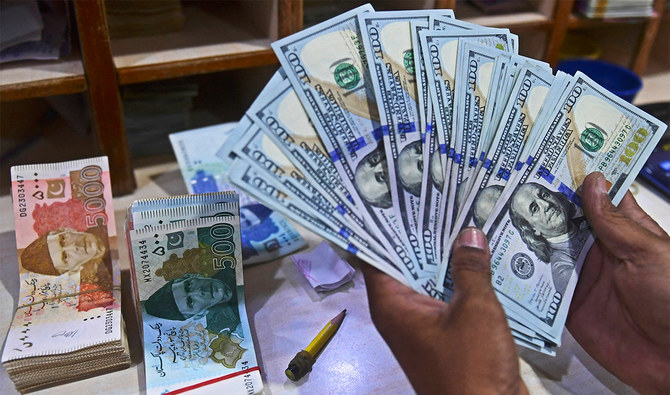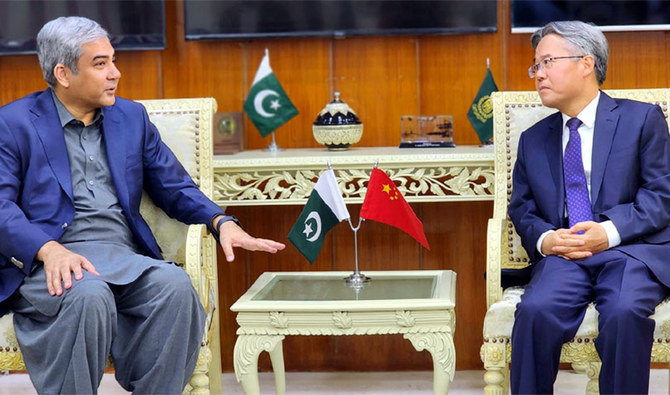KARACHI: Police in Pakistan’s southern Sindh province have launched an app called Talash to fight street crimes in the megacity of Karachi, confirmed its top official on Tuesday, adding the new app was among several modern tools introduced to improve the capacity of the law enforcing agency.
Karachi is Pakistan’s largest city and commercial capital. It also witnessed the presence of transnational militant networks, sectarian outfits and local gangs in the past which needed an elaborate security operation which was spearheaded by paramilitary rangers and began in September 2013.
Street criminals have posed a major challenge to the law enforcers in the city since then. Briefing the Senate Standing Committee on Interior earlier this month, police officials in Sindh admitted the incidents of street crimes had increased in Karachi.
Two weeks ago, an infant was killed and her mother wounded, as the police clashed with a group of street criminals. The incident also led to a significant outrage in the city.
“Talash device, body-worn cameras and modern tools to collect evidence through CSU [Crime Scene Unit] are a few recent initiatives to improve the capacity of the Sindh police,” Inspector General Police Ghulam Nabi Memon told Arab News.
“We believe we will not be effective until we provide proper tools and resources to the police, especially the investigation branch,” he continued.
The app was launched in Karachi on Monday in the first phase of a program which would soon be extended to the entire province.
Addressing the launch ceremony, Memon said Talash could be used as the “best weapon” to defeat criminal elements.
He informed the Sindh chief minister had already issued funds for the acquisition of other forms of technology and a committee had also been formed to train the investigation department that played a vital role in bringing down the crime ratio.
“We are trying to make the investigation system effective by providing modern training to officers and personnel associated with the investigation department,” he said, adding it was important to eliminate crimes to protect the lives, property and honor of Pakistani citizens.
Sharing the details of the app, Deputy Inspector General Police Parvez Ahmed Chandio said it would help the police identify a person during snap-checking.
The app uses the biometric system and is linked to the country’s central database, he continued.
Chandio said the device would have the data of 1.5 million criminals in the province before its use was extended to other districts of Sindh.
“The app will have the data of criminals,” he added. “Taking their fingerprints on the device will immediately help us identify them, including all those individuals who are on bail.”
















